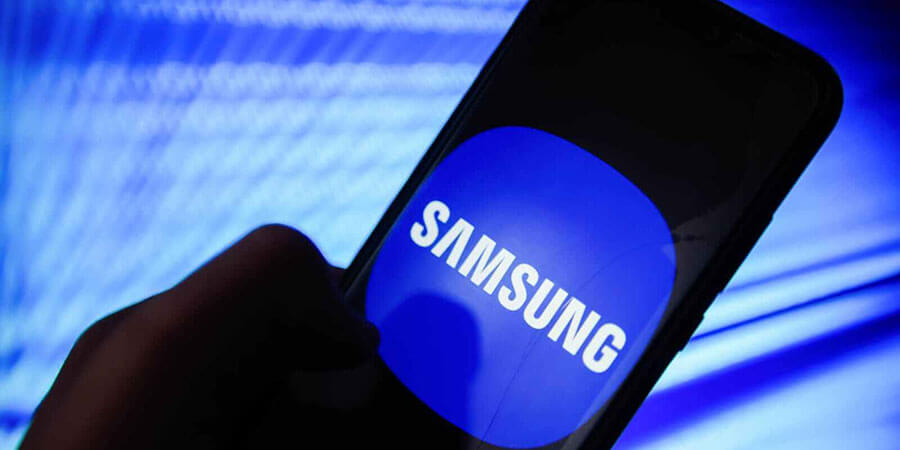Samsung Electronics’ operating profit for the three months that ended in December 2020 is forecast to jump 26% from a year ago, totaling 9 trillion won. Consolidated sales in the last quarter are up close to 2% from a year ago, reaching 61 trillion won. This brings Samsung’s full year operating income to 35.93 trillion won and sales to 237.31 trillion won in 2020.
Higher Q4 profit from a year ago is fuelled by increased online activities during the pandemic, resulting in greater earnings for displays and chips.
However, both operating profit and consolidated sales slipped in Q4, compared to Q3, when the company posted its highest-ever quarterly revenue triggered by pent-up demand after the government eased on pandemic measures.
Galaxy smartphone sales were eclipsed by the launch of Apple’s iPhone 12 in the last quarter, even though it pushed demand for Samsung’s OLED panels used in Apple phones. Moving forward, Apple’s iPhone 13 will reportedly use Samsung’s low-temperature polycrystalline oxide (LPTO) thin-film transistors (TFT) OLED panels.
According to StatCounter, Samsung had a 64.5% smartphone market share in South Korea in December 2020, while second-place Apple had a 25.9% market share.
In recent years, Samsung has been stepping up on 5G adoption, in part to benefit sales of its chips and smartphones. In 2019, Samsung launched the first commercial 5G smartphone and tablet, and has been growing its 5G product portfolio since. Strategy Analytics revealed that in the first half of 2020, Samsung Galaxy S20+ 5G was the best-selling device by revenue, followed by the Galaxy S20 Ultra 5G and Galaxy S20 5G, accounting for 9%, 8% and 5%, of global revenue respectively.
Recently, Samsung launched Galaxy A12 – an entry-level, enterprise-ready smartphone. On 14 January 2020, Samsung will also launch its new Galaxy S21 lineup ahead of schedule, to better position itself against rival brands in overseas markets where Huawei has been sanctioned.
The company has also been offering wider network solutions including 5G RAN, Core and Network Automation tools. Last year, Samsung rolled out to mobile operators the fully virtualized 5G RAN (vRAN), Link Cell and C-Band Massive MIMO radio solution to provide users better 5G experiences.
In September, Samsung contracted its largest 5G deal to date, having sealed a US$6.6 billion contract with Verizon to supply 5G RAN network solutions until 2025. This includes providing and maintaining 5G mobile telecom equipment. This year, Samsung is poised to bolster 5G efforts to rival Nokia and Ericssion in replacing Huawei, especially in the west.
Full earnings report will be released later this month.





